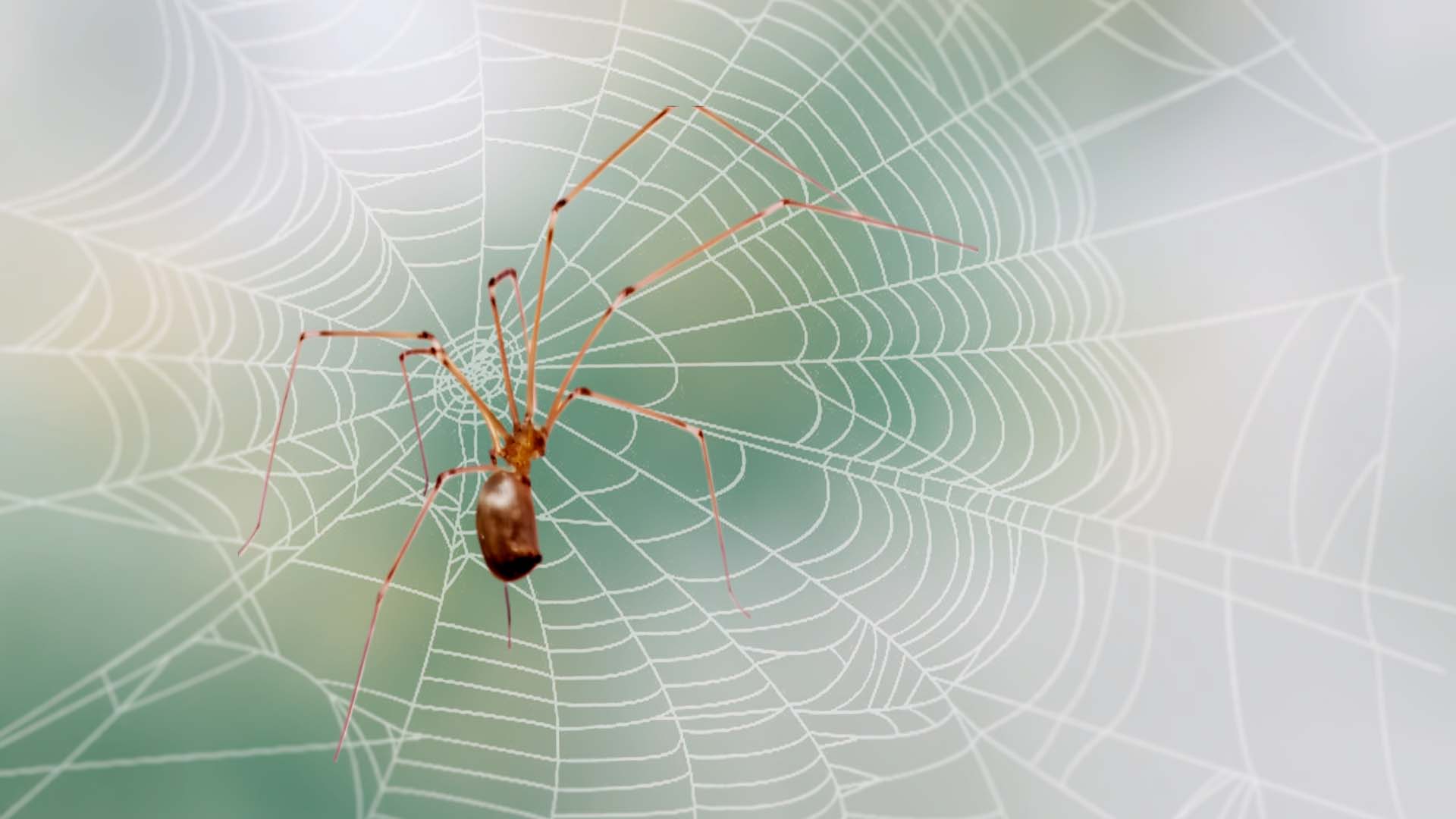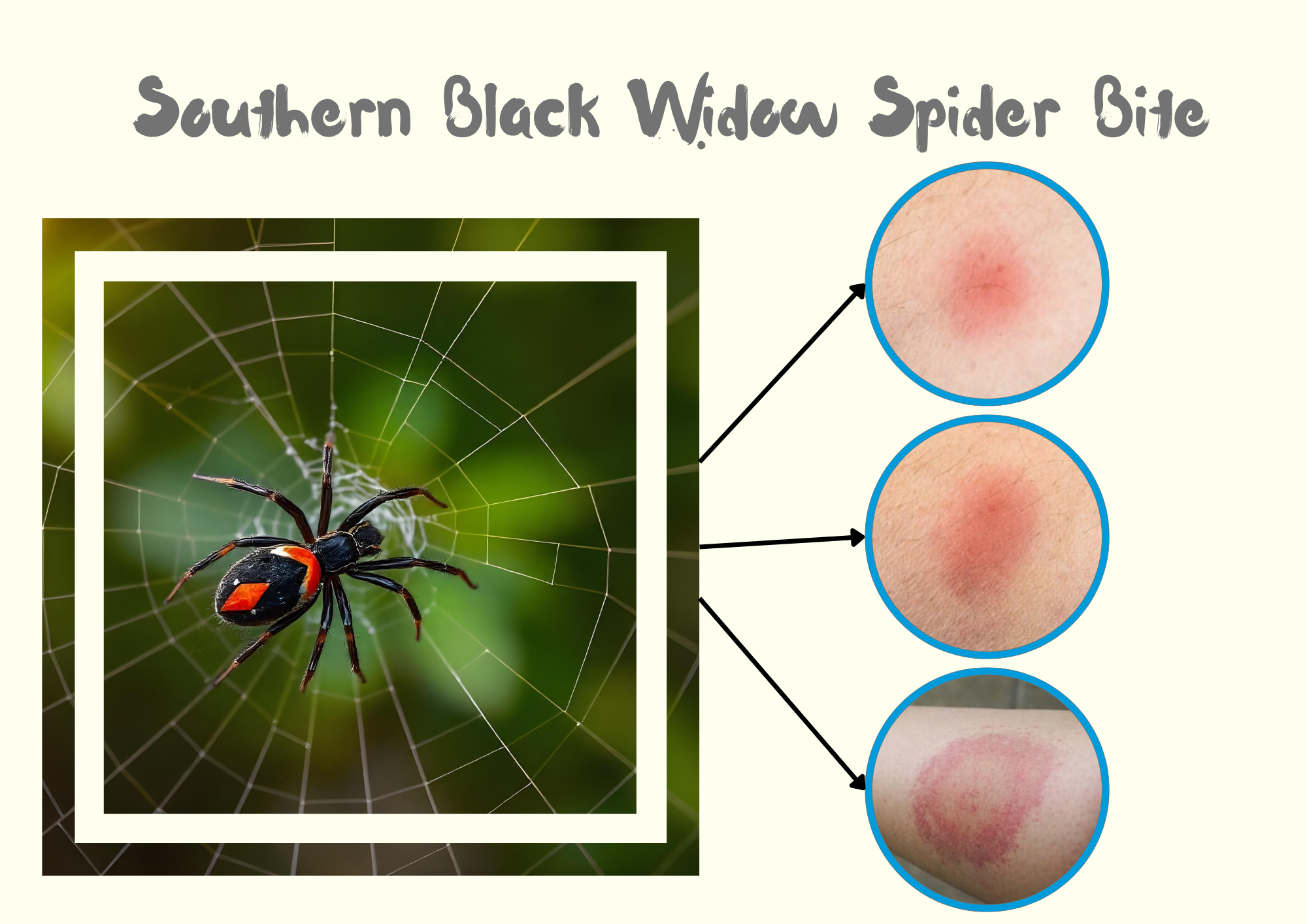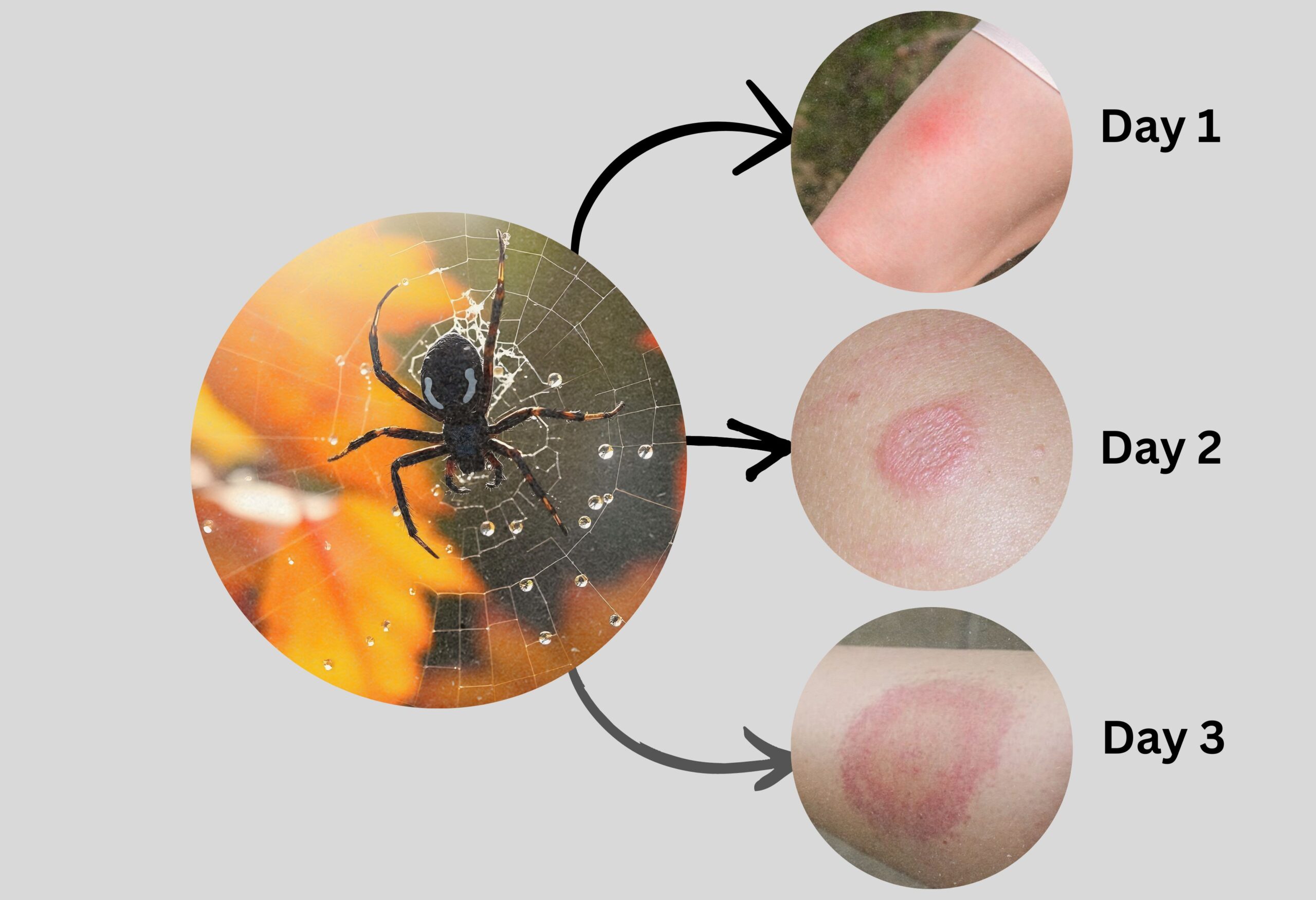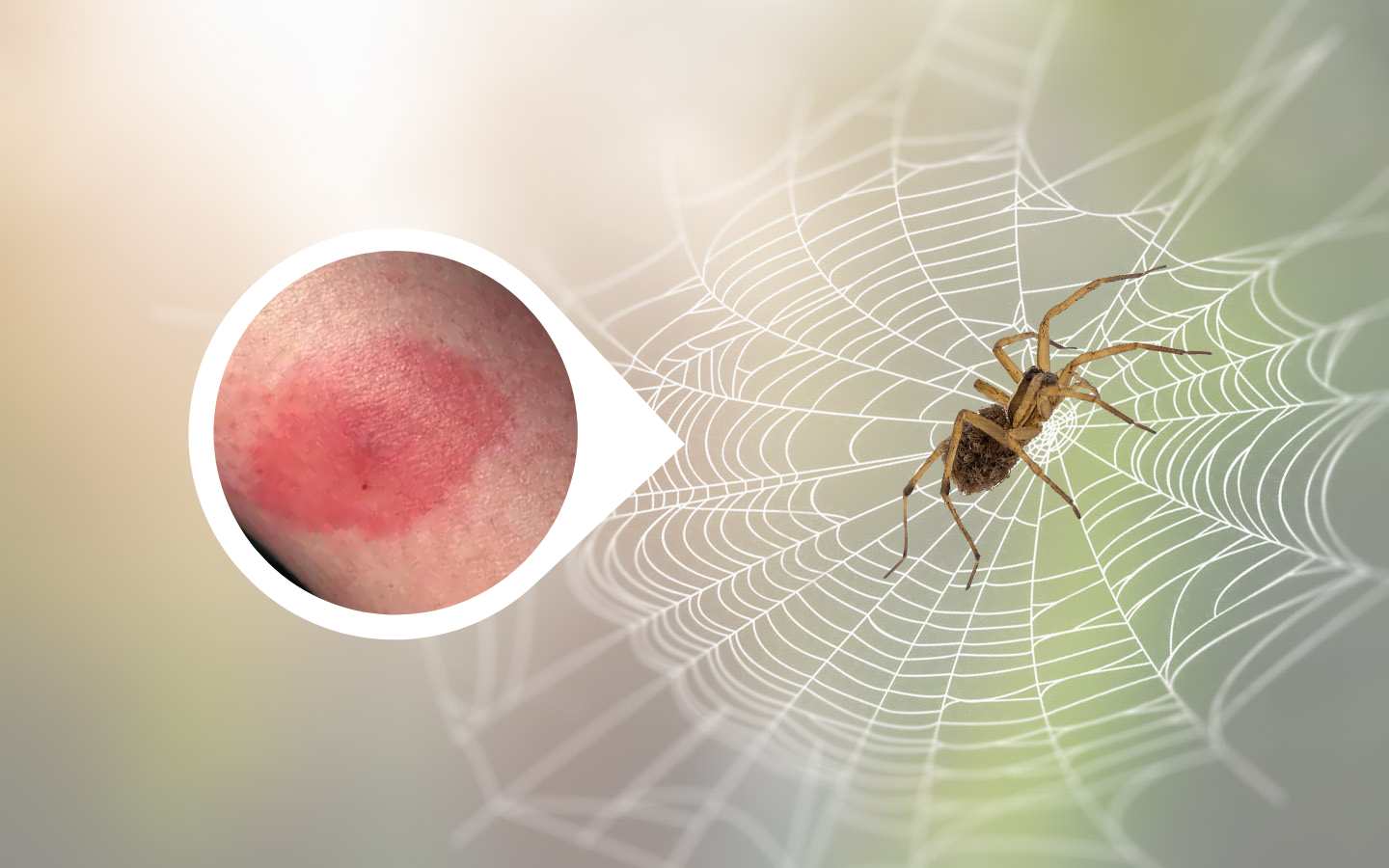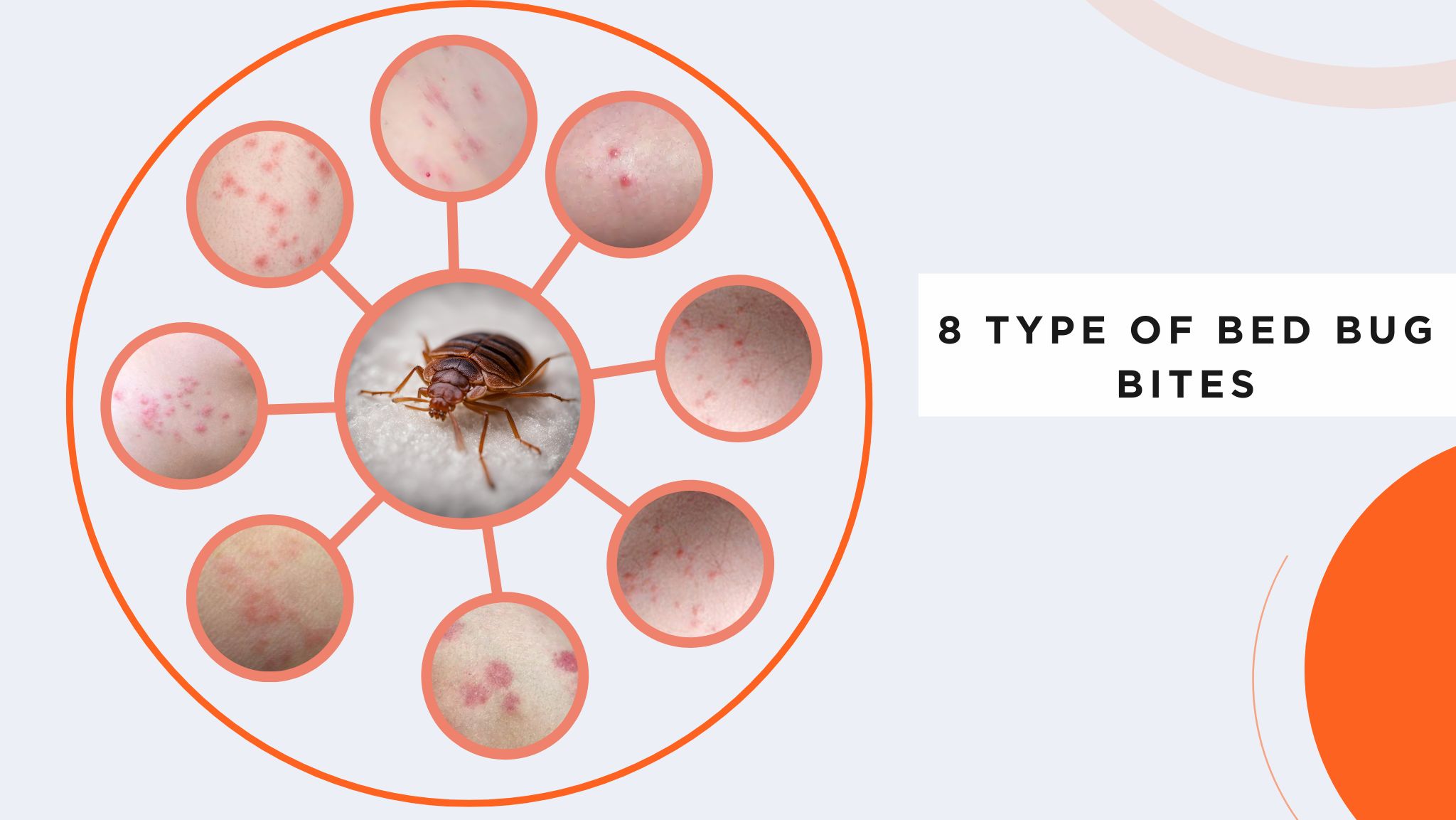The world of spiders is a fascinating one, filled with a wide variety of species, each with its own unique characteristics. One of the most persistent myths in the realm of arachnology is the belief that Daddy Long Legs, also known as harvestmen, are the most poisonous spiders in the world. This myth has circulated for generations, but is there any truth to it?
However, You wanted to know – Are Daddy Long Legs spiders poisonous? Here we will discuss about it. We also discussed more interesting facts about Daddy Long Legs Spider.
Are Daddy Long Legs Poisonuse Spider?
No, Daddy Long Legs are not the most poisonous spiders. This is a common myth. Daddy Long Legs, also known as harvestmen, are not true spiders and have venom that is not harmful to humans. True spiders like the black widow and brown recluse possess far more potent venom and can pose a threat to human health. So, while Daddy Long Legs are venomous, they are not the most poisonous spiders in the world.
Anatomy and Behavior
Daddy Long Legs are easily recognizable by their long, slender legs and small, oval-shaped bodies. Unlike true spiders, they have fused body segments, meaning their cephalothorax and abdomen are a single structure. This sets them apart from spiders, which have two distinct body parts.
Daddy Long Legs are found in various parts of the world, including North America, Europe, and Asia. They are often associated with damp, dark environments such as caves, cellars, and basements. These arachnids are known for their fragile appearance, slow movements, and delicate nature.
Feeding Habits
One common misconception about Daddy Long Legs is that they are voracious predators of other dangerous spiders, such as black widows. While Daddy Long Legs do consume a variety of insects and spiders, including some potentially harmful species, they are not the fierce spider hunters that popular culture suggests.
Daddy Long Legs primarily feed on small insects, decaying organic matter, and detritus. Their diet typically consists of tiny prey like mites, springtails, and small flies. They use their long legs to reach and capture their prey, often relying on their silk threads to secure it.
Debunking the Myth
The belief that Daddy Long Legs are the most poisonous spiders in the world has been widely circulated, but it lacks scientific validity. This myth likely arises from a combination of factors, including the appearance of Daddy Long Legs and misconceptions about their venom.
Venomous but Harmless
Daddy Long Legs do possess venom, which they use to immobilize their prey. However, this venom is not known to be harmful to humans. Their tiny fangs are unable to penetrate human skin, making them essentially harmless to people.
In contrast, true spiders like black widows and brown recluses possess venom that can indeed harm humans. These spiders have the physical capability to inject venom through their fangs and are known to cause serious medical issues in some cases.
Venom Potency
To debunk the myth surrounding Daddy Long Legs, it’s essential to understand their venom in comparison to other spiders. Venom potency is measured in terms of its ability to cause harm to prey or predators. In this regard, Daddy Long Legs fall far behind many other spider species.
True spiders, such as the Brazilian wandering spider (Phoneutria), the Sydney funnel-web spider (Atrax), and the aforementioned black widow (Latrodectus), possess venoms that are potent enough to harm or even kill humans in some instances. These spiders have fangs capable of delivering their venom efficiently.
Daddy Long Legs, on the other hand, have comparatively weak venom that is primarily used to incapacitate their small, soft-bodied prey. Their fangs are too short and fragile to inject venom effectively into larger creatures like humans.
Are Daddy long legs venomous?
Yes, Daddy’s long legs are indeed venomous. They possess venom glands and fangs that they use to immobilize and digest their prey. However, it’s important to note that their venom is not considered dangerous to humans. Their fangs are too short and weak to penetrate human skin effectively, making daddy-long legs essentially harmless to us.
Can Daddy long legs bite humans?
While Daddy long legs can technically bite humans, these bites are usually inconsequential. Their fangs are not designed for biting through human skin, so their bites rarely cause any noticeable effects, such as pain or swelling. In most cases, you might not even feel their bite.
What is the Truth About Daddy Long legs’ Venom?
Daddy long legs use their venom primarily to subdue their small prey, such as insects and other arthropods. Their venom is relatively weak and is not potent enough to harm humans. So, while they are venomous, their venom poses no real threat to us.
Can daddy long legs harm predators with their venom?
Daddy long legs’ venom is not generally effective against larger predators. It is primarily tailored to immobilize their tiny prey, not to deter or harm potential predators. Therefore, their venom is unlikely to pose a significant threat to animals that might attempt to eat them.
There are several misconceptions surrounding daddy long legs, including:
- Myth: They are the most poisonous spiders globally. Fact: This is false; their venom is not harmful to humans.
- Misidentification: While they are often mistaken for spiders, daddy long legs belong to the order Opiliones, not Araneae.
- Predator Exaggeration: Contrary to popular belief, they are not formidable predators of dangerous spiders like black widows. They primarily feed on small insects and decaying matter.
Conclusion
The myth that Daddy Long Legs are the most poisonous spiders in the world is a fascinating example of how misinformation can persist in popular culture. While Daddy Long Legs are indeed venomous, their venom poses no significant threat to humans due to their inability to bite through human skin effectively.

